Were protests a deliberate attempt?
Protests erupted in Islamabad, Lahore, and Karachi, raising concerns over a coordinated effort to undermine event
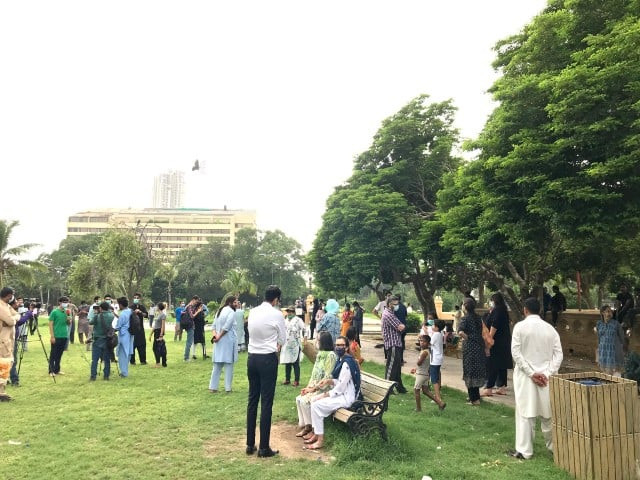
As Pakistan successfully hosted the 23rd session of the Shanghai Cooperation Organisation (SCO) Council of Heads of Government, the country saw simultaneous attempts to disrupt the international gathering. Protests erupted in Islamabad, Lahore and Karachi, raising concerns over a coordinated effort to undermine the summit.
A demonstration by a political party was planned in Islamabad, while in Lahore, clashes between students and police were triggered by fake news of a sexual assault. In Karachi, a march organised by civil society groups and Non-Governmental Organisations (NGOs), alongside the Tehreek-e-Labbaik Pakistan (TLP), ended in violence, with one person dead and over 100 arrested.
Speaking to The Express Tribune, political analyst Khurram Abbas commented on the timing of the unrest, stating, "The protests in three major cities of Pakistan, just before the SCO summit, need to be viewed in a broader context. First, we see the Pakistan Tehreek-e-Insaf (PTI) attempting to reach Islamabad's D-Chowk, led by the Chief Minister of Khyber Pakhtunkhwa (K-P), Ali Amin Gandapur. This is followed by another protest call on October 15, when key regional leaders were present in the city. This raises the question of whether some force is trying to sabotage the summit."
Abbas also noted the unrest in Karachi, where a march from Teen Talwar to the Karachi Press Club, under the banner of religious tolerance, nearly resulted in a clash. "Had the Sindh government not enforced Section 144, a major confrontation would have occurred," he said.
Despite these challenges, the federal and provincial governments managed to contain the unrest, allowing the summit to proceed as planned.
D-Chowk protest and Imran Khan's health concerns
The PTI had called for a protest at Islamabad's D-Chowk, a sensitive area home to key government buildings, including the Parliament and diplomatic enclaves. The protest was planned during the SCO summit, with concerns over the health of PTI founder Imran Khan, who is imprisoned in Adiala Jail, as the focal point.
Fake news regarding Khan's health circulated widely on social media, fuelling calls for the protest. The government had banned all visits to inmates, including Khan, until October 18 for security reasons.
Even Jemima Goldsmith, Khan's former wife, expressed concerns on social media, stating that Khan was facing "grave and distressing" conditions in jail. She alleged that authorities had cut off family and legal visits. Defence Minister Khawaja Asif dismissed these claims, accusing Goldsmith of exaggerating the situation, insisting Khan was receiving "constant leniency."
On the eve of the SCO summit, PTI postponed the protest after the government assured that Khan would receive a medical check-up. PTI Chairman Barrister Gohar Ali Khan later confirmed that medical professionals had examined Khan and declared him in good health.
'Fake news' sparks protests
in Lahore
In Lahore, social media reports of an alleged sexual assault at a private college led to widespread agitation. Students clashed with police after the false claims spread, leading to riots and vandalism. The Punjab government condemned the unrest, labelling it a "fabricated conspiracy."
Punjab Information Minister Azma Bukhari, while speaking to The Express Tribune, said, "This is PTI's traditionto create chaos during key national events. First, they tried to stage drama in Islamabad, and then they spread this concocted story in Punjab to incite unrest."
She accused the PTI of making the college student a rape victim and trying to launch a "Bangladesh-like student movement in Punjab".
Bukhari maintained that no one would be allowed to take the law into their own hands. "So, those behind this so-called revolution will be taken to task," she added. The provincial minister said action had already been taken in this connection as "a person who calls himself a lawyer and has huge following on social media and who claimed that the alleged victim had died has already been arrested." She said a Federal Investigation Agency (FIA) committee had already been formed and that no one involved in this heinous scheme would be spared.
A government committee, formed by Punjab Chief Minister Maryam Nawaz, investigated the claims and concluded that the alleged assault had never occurred. The girl in question had suffered injuries from a fall at home, which had led to her hospitalisation. The family of the girl strongly refuted the social media rumours, calling for legal action against those responsible for spreading the false information.
Punjab Chief Minister Maryam Nawaz announced that those involved in spreading the disinformation would be prosecuted under the Cybercrime Act.
Karachi protests lead to violence
In Karachi, protests by civil society groups and the TLP, linked to the custodial death of blasphemy accused Dr Shahnawaz Kumbhar, escalated into violence. The government had refused permission for the protest, enforcing Section 144 to prevent gatherings. However, demonstrators defied the ban, leading to clashes with the police.
Tear gas and baton charges were used to disperse the crowds, but violence erupted, with a police van set on fire. Gunfire from unknown assailants resulted in one death, and several were injured, including police officers.
Despite the challenges, law enforcement brought the situation under control with the deployment of Rangers. Authorities arrested over 100 individuals involved in the protests.
While Pakistan successfully held the historic SCO summit in Islamabad, the unrest in its major cities has raised questions over whether these incidents were spontaneous or orchestrated to disrupt the country's international standing.


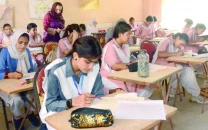

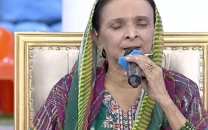
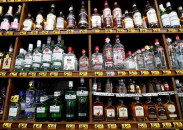
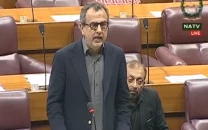












COMMENTS
Comments are moderated and generally will be posted if they are on-topic and not abusive.
For more information, please see our Comments FAQ